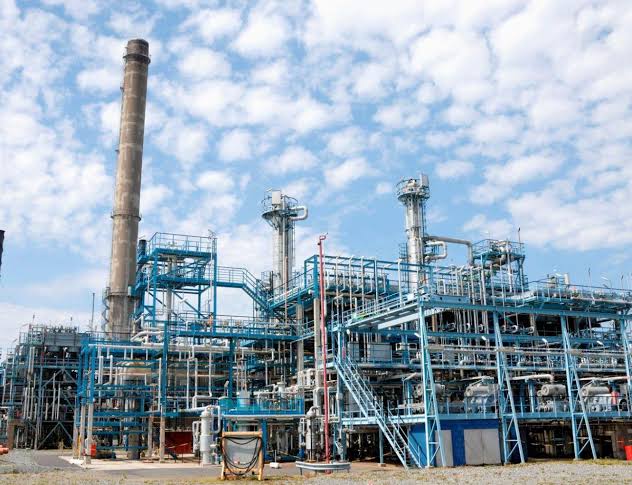The energy sector in Mexico is awaiting the results of the presidential elections scheduled for June next year (2024), after the end of the term of office of current president Andres Manuel Lopes Obrador.
Potential candidates face a difficult test to reconcile oil investments supporting the state treasury, and renewable energy, which has become a necessity in light of the suffering of the Latin American country from the serious consequences of climate change, most notably drought and water scarcity, according to the specialized energy platform.
The chances of the next president being a woman are increasing, for the first time in Mexico’s history, with former Mexico City mayor Claudia Sheinbaum, a representative of the ruling Morena party and the majority holder in Parliament, leading the race.
On the other side, the representative of the opposition parties, Sushil Galvez, comes from the Mexican National Action Party.
While the opposition representative pledged explicit support for renewable energy and openness to private investments, the representative of Morena’s party (the most favored according to opinion polls), says that supporting clean resources and environmental protection should not be at the expense of “betrayal of the Mexican people,” as she describes.
Mexico ranks 11th on the list of the world’s largest oil producers, but it is the only country in the group of twenty that has not set a carbon neutrality target, according to a report published by Bloomberg.
It is also the 15th largest emitter of greenhouse gas emissions globally, and harmful emissions are expected to continue to rise until 2035.


















